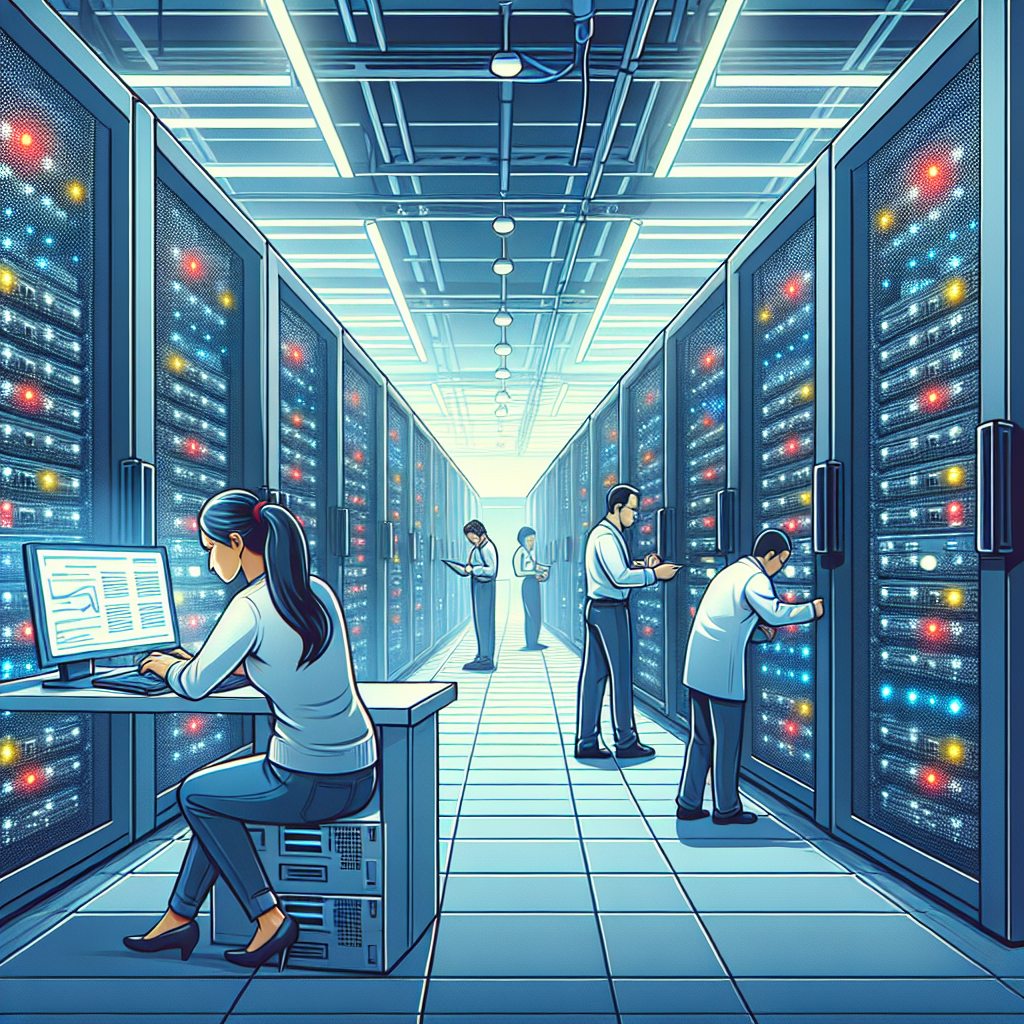Data centers are critical components of any organization, serving as the hub for all their IT infrastructure. However, like any complex system, data centers are prone to experiencing problems that can disrupt operations and impact the business.
To ensure smooth and uninterrupted operations, it is important for data center professionals to be well-equipped with troubleshooting strategies to quickly identify and resolve common problems. In this article, we will discuss some of the most common data center problems and provide strategies for success in troubleshooting them.
1. Power Outages: Power outages are one of the most common problems faced by data centers. To address this issue, data center professionals should ensure that the facility has backup power sources, such as uninterruptible power supply (UPS) units and generators. Regularly testing these backup systems and having a well-defined plan for transferring the load to them in case of a power outage is crucial for minimizing downtime.
2. Cooling Issues: Data centers generate a significant amount of heat due to the high density of servers and networking equipment. Cooling systems are essential for maintaining the optimal temperature in the facility. If cooling systems fail or are inadequate, data center professionals should quickly identify the problem and take corrective actions, such as adding additional cooling units or redistributing equipment to improve airflow.
3. Network Connectivity Problems: Network connectivity issues can cause disruptions in data center operations, impacting communication and data transfer between servers and clients. To troubleshoot network connectivity problems, data center professionals should perform network diagnostics, check cables and connections, and monitor network traffic to identify bottlenecks or issues with network devices.
4. Hardware Failures: Hardware failures, such as server crashes or storage device malfunctions, can lead to data loss and downtime. To address hardware failures, data center professionals should regularly monitor the health of hardware components, implement redundancy in critical systems, and have spare hardware available for quick replacement.
5. Security Breaches: Data centers hold sensitive and valuable information, making them prime targets for cyber attacks. To prevent security breaches, data center professionals should implement robust security measures, such as firewalls, intrusion detection systems, and access controls. In case of a security breach, quick detection and containment of the threat are essential to minimize the impact on data center operations.
In conclusion, troubleshooting common data center problems requires a proactive approach, thorough monitoring, and quick response to issues as they arise. By implementing the strategies discussed in this article, data center professionals can ensure the smooth and efficient operation of their facilities, minimizing downtime and maximizing uptime for their organization.


Leave a Reply